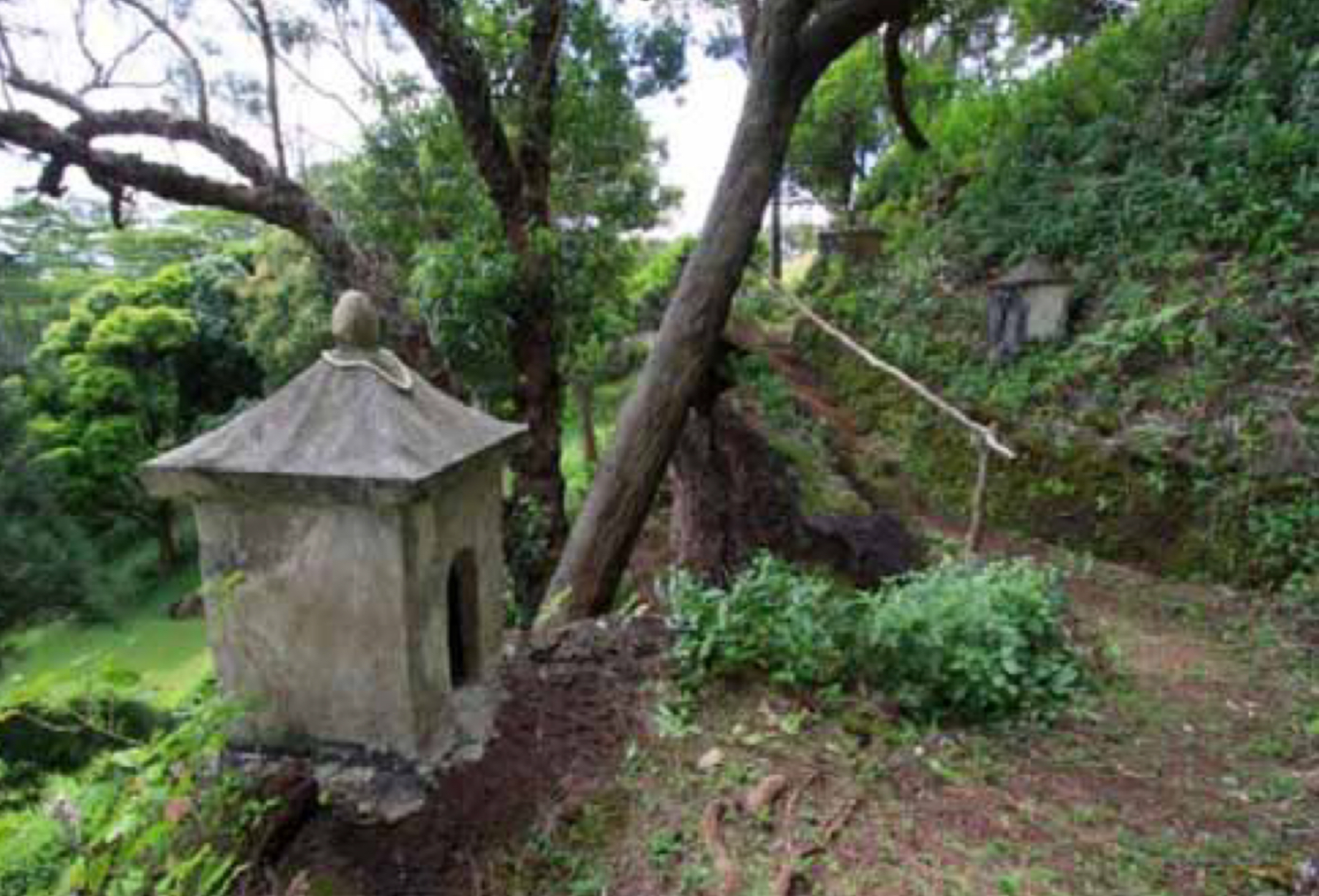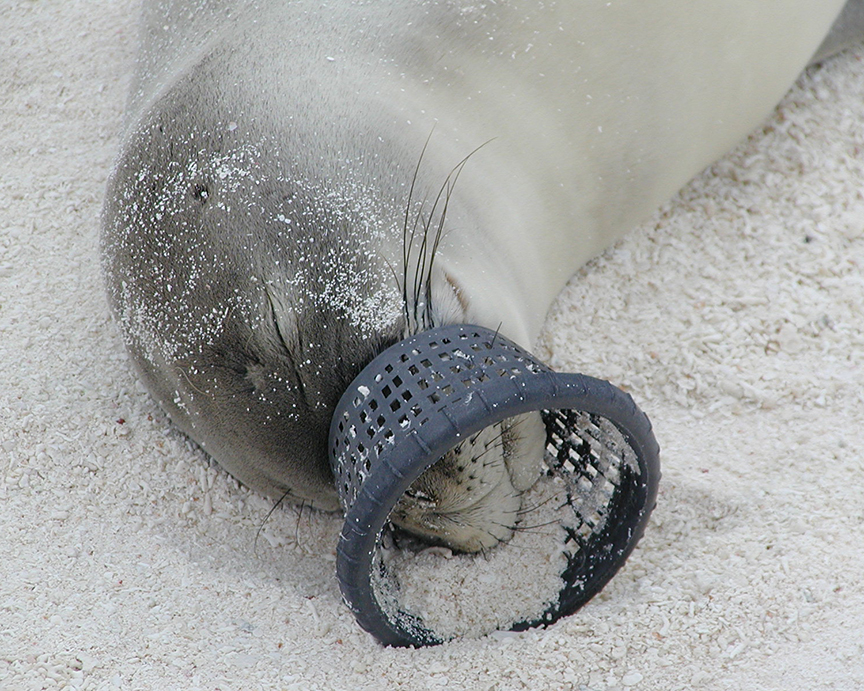
Urahutia at the Poipu Sheraton ‘Auli‘i Lu‘au. Urahutia Productions. Photo courtesy of Roxanne McCann
In Tahitian, the word heiva (hei meaning to assemble, and va meaning community places) refers to activities, pastimes, physical exercise and festivals.
In ancient times, music, dancing, singing and sports were essential components of religious and political ceremonies. Dance was one of the most sophisticated and ritualized art forms.
In the 19th Century, Christian missionaries condemned these demonstrations, described as erotic forms of debauchery. In 1819, King Pomare II forbade them. Banished from public areas, dancing became a clandestine practice.
In 1881, after a long struggle with England and Protestant missionaries, France annexed a large part of what is today French Polynesia. On Bastille Day, France’s national holiday celebrated July 14, the French allowed sports and dancing in an effort to overcome the Anglo-Saxon influence and to satisfy Polynesians’ taste for festivities.

Mi Nei Martins, a decorated Tahitian dancer who was the first non-Tahitian resident to be accepted in the prestigious Le Conservatoire Artistique Territorial in Papeete, Tahiti. Photo courtesy of Roxanne McCann
After decades of restriction, traditional dance would resurge. So in 1881, the first Heiva i Tahiti was organized and named Tiurai, meaning “July the month of festivities.”
In 1977, French Polynesia gained greater political autonomy from France. This political and cultural emancipation led authorities to organize the Heiva I Tahiti in June 1985, which replaced the Tiurai.
Heiva i Tahiti has also been a showcase for traditional sports and games, and has become the symbol of the Polynesian culture and an iconic event for a people proud of their heritage. Dancers prepare months in advance for the competitions. Music, choreography and costumes based on historical or legendary themes are uniquely created for each Heiva.
This year, it will be the 135th edition of Heiva i Tahiti, to be celebrated at Place Toata, Papeete, Tahiti from July 7 to 23.
Source: Tahiti Tourisme North America
Discover more from ForKauaiOnline
Subscribe to get the latest posts sent to your email.





Leave a Reply